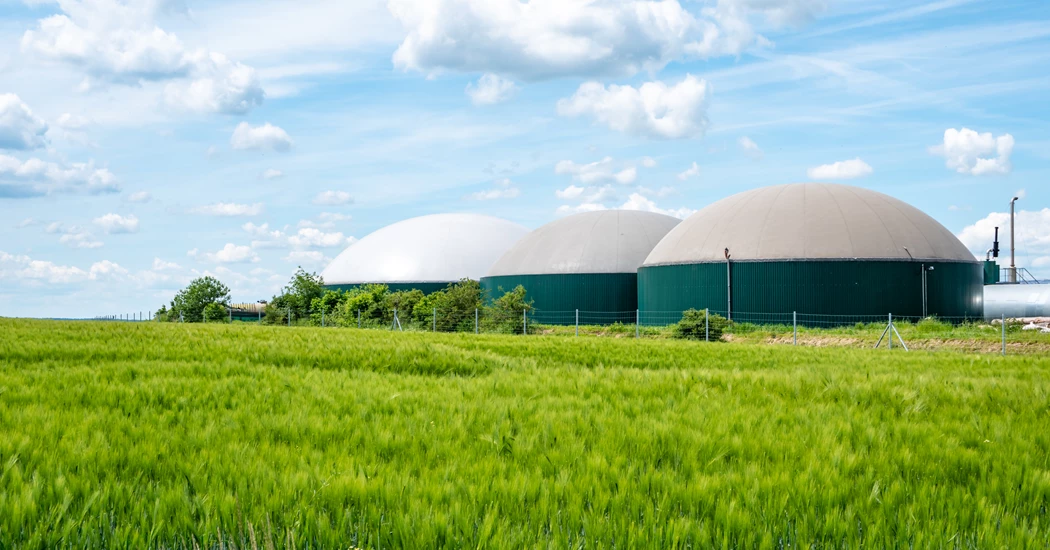bp agrees to buy Archaea Energy for US$4.1 bln
bp announced that it has agreed to acquire the US biogas company Archaea Energy a producer of renewable natural gas (RNG) for US$4.1 billion
bp broke down the deal with Archaea saying that $3.3 billion would be in cash, or $26 per share, representing a 38 percent premium to Archaea’s 30-day volume weighted average share price. Together with around $800 million net debt, the total value of the deal would be $4.1 billion.
The acquisition is still subject to regulatory and Archaea shareholder approval.
bp said in a statement that bioenergy is one of five strategic transition growth engines that it intends to grow rapidly through this decade. bp expects investment into its transition growth businesses to reach more than 40 percent of its total annual capital expenditure by 2025, aiming to grow this to around 50 percent by 2030.
With the acquisition bp will increase its presence in the US biogas industry, enhancing its ability to support customers’ decarbonisation goals and also progressing its aim to reduce the average carbon intensity of the energy products it sells. bp aims to reduce that carbon intensity to net zero by 2050 or sooner.
Bernard Looney, bp chief executive, said: “Archaea is a fantastic fast-growing business, and bp will add distinctive value through our trading business and customer reach. It will accelerate our key bioenergy growth engine, creating a real leader in the biogas sector, and support our net zero ambition. And, importantly, we're doing this while remaining focused on the disciplined execution of our financial frame. Investing with discipline into the energy transition, creating further value through integration – this is exactly what bp’s transformation into an integrated energy company is all about.”
Increasing sales of RNG will also support bp’s net zero ambition, specifically its aim to reduce to net zero the carbon intensity of energy products it sells by 2050 or sooner. It has set an interim target to reduce this carbon intensity by 5 percent by 2025 and aims to reduce it by 15-20 percent by 2030, both against a 2019 baseline.
KEEPING THE ENERGY INDUSTRY CONNECTED
Subscribe to our newsletter and get the best of Energy Connects directly to your inbox each week.
By subscribing, you agree to the processing of your personal data by dmg events as described in the Privacy Policy.
More renewables news

WEC Energy Offered $2.5 Billion US Loan for Renewable Projects

With Trump Looming, Biden’s Green Bank Moves to Close Billions in Deals

GE Vernova Expects More Trouble for Struggling Offshore Wind Industry

Climate Tech Funds See Cash Pile Rise to $86 Billion as Investing Slows

GE Vernova to Power City-Sized Data Centers With Gas as AI Demand Soars

Longi Delays Solar Module Plant in China as Sector Struggles

Australia Picks BP, Neoen Projects in Biggest Renewables Tender

SSE Plans £22 Billion Investment to Bolster Scotland’s Grid

A Booming and Coal-Heavy Steel Sector Risks India’s Green Goals
















